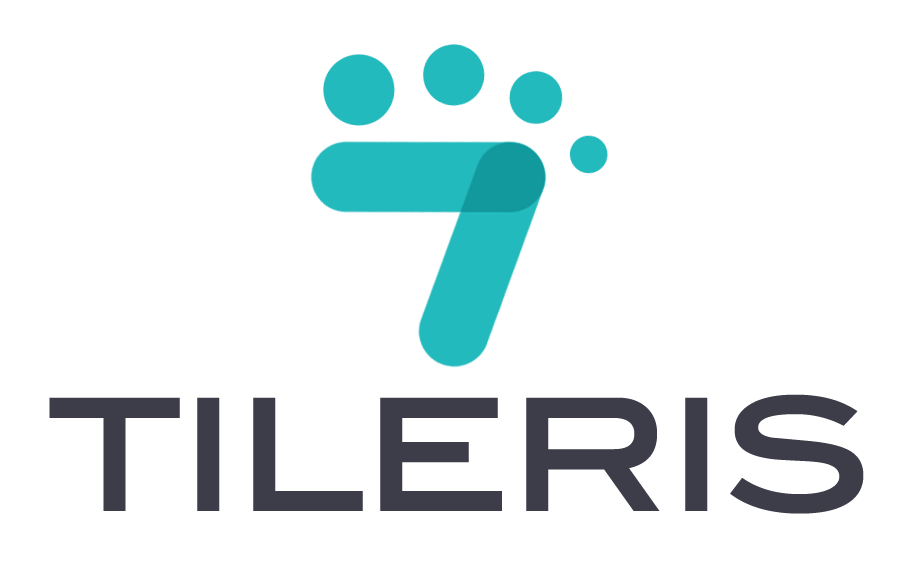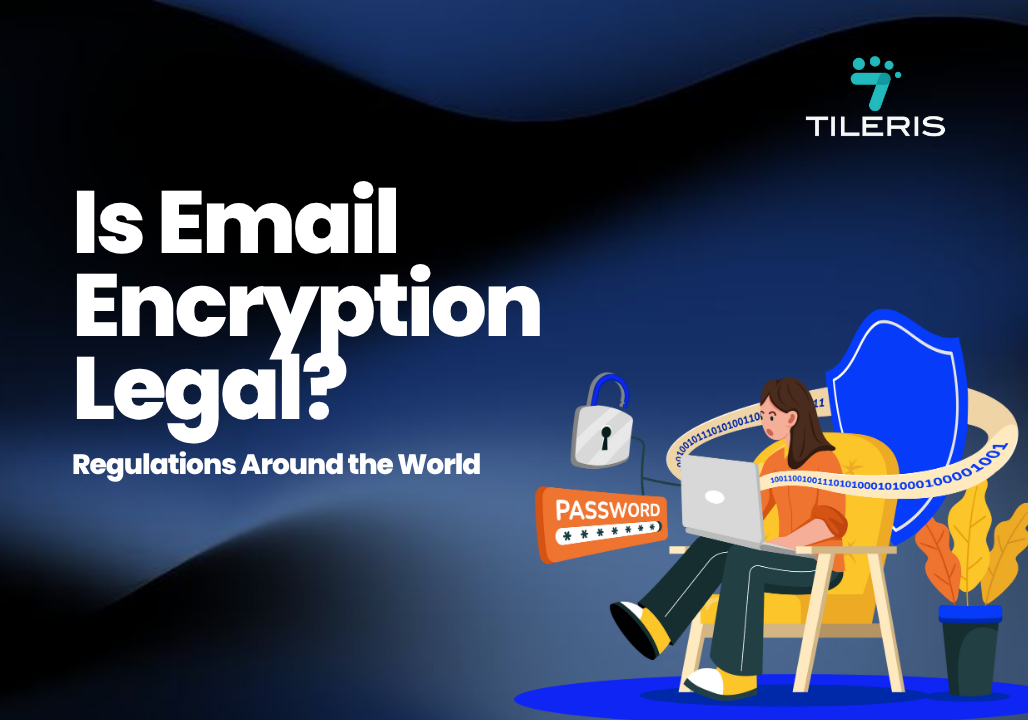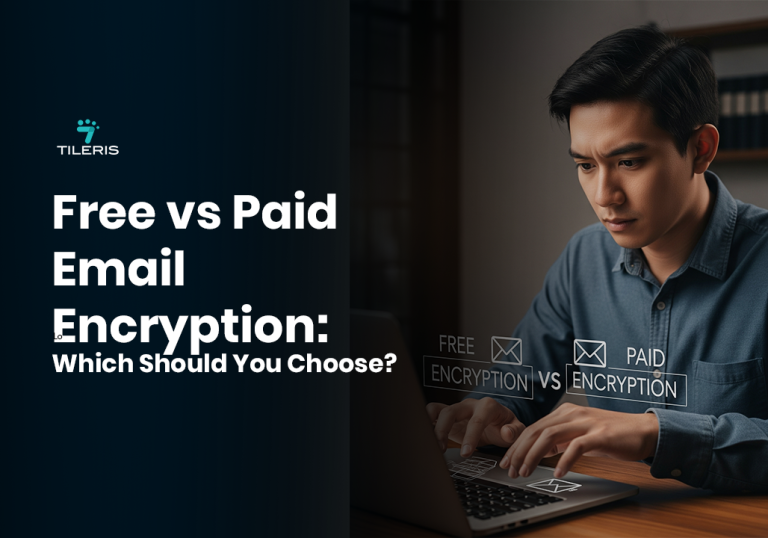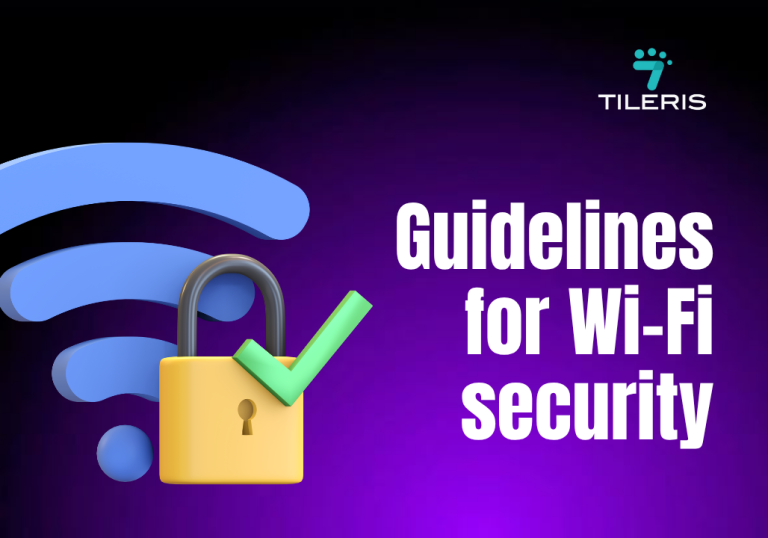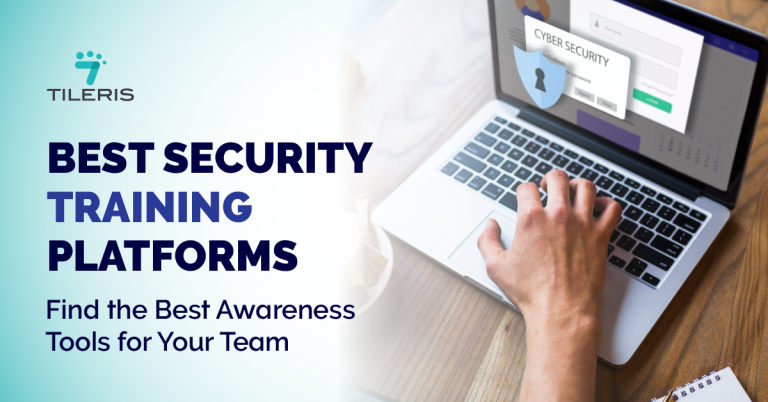Is Email Encryption Legal? Regulations Around the World
Introduction
In today’s interconnected world, sending an email is as common as making a phone call. But unlike a phone call (which, if intercepted, can be a big deal!), email, by default, is often like sending a postcard, anyone who handles it can read it. That’s why email encryption has become vital, turning your digital postcards into sealed, secret messages. However, as businesses and individuals around the globe increasingly rely on encryption for privacy and security, a crucial question arises: Is email encryption legal everywhere? The answer, like many things in our complex world, is: “It depends.”
This article will take you on a journey through the legal landscape of email encryption, providing a crucial overview of regulations and restrictions around the world.
Global Overview: Encryption’s Shifting Sands
Generally speaking, using email encryption for personal or business communication is legal in most parts of the world. It’s often encouraged, even required, for protecting sensitive data. However, the exact legality can be a moving target, influenced by national security concerns, law enforcement access, and evolving data protection frameworks.
While many nations champion encryption as a fundamental right to privacy and a necessary tool for cybersecurity, some countries maintain specific regulations or even restrictions. These often fall into categories like:
- Export Restrictions: Laws dictating what kind of encryption technology can be sold or sent out of the country.
- Key Escrow/Backdoor Requirements: Demands that companies provide a “key” to encrypted data to government agencies upon request, or build a “backdoor” for law enforcement access. These are highly controversial and undermine the very purpose of strong encryption.
- Outright Bans or Severe Limitations: In a few rare cases, the use of strong encryption by citizens can be restricted or require specific licenses.
Email encryption laws: Regional Regulations
Let’s break down how different parts of the world approach email encryption as of this current date, June 10, 2025.
- North America (USA, Canada):
- USA: Email encryption is widely legal and encouraged. The U.S. has a history of regulating encryption as a “munition” for export control (dating back to the “Crypto Wars” of the 1990s), but these restrictions have largely been relaxed. There are ongoing debates about law enforcement access to encrypted data, but no general ban on its use. Industry-specific regulations (like HIPAA.) often mandate encryption.
- Canada: Email encryption is generally legal and freely used. Canadian privacy laws (like PIPEDA) often imply the need for strong security measures, including encryption, to protect personal information. Similar to the U.S., discussions around law enforcement access continue, but without outright bans.
- Europe (EU, UK):
- European Union (EU): Email encryption is not only legal but often required under the General Data Protection Regulation (GDPR). GDPR emphasizes data protection by design and default, and encryption is a key technical and organizational measure. There’s strong support for end-to-end encryption to protect user privacy.
- United Kingdom (UK): Post-Brexit, the UK largely mirrors EU data protection standards (via the UK GDPR). Encryption is legal and widely adopted. However, the Investigatory Powers Act (IPA)), sometimes referred to as the “Snooper’s Charter,” gives intelligence agencies powers that could, in theory, impact encryption services by requiring providers to assist with surveillance. This remains a contentious area.
- Asia (China, India, Japan):
- China: This is where things get significantly more complex. China has strict regulations on cryptography, often requiring licenses for cryptographic products and potentially demanding key access for the government. While individuals and companies can use encryption, it’s often within a tightly controlled and monitored framework. Using unapproved encryption might carry legal risks.
- India: The legal landscape around encryption in India has been evolving. While email encryption is generally used, there have been proposals and ongoing debates about government access to encrypted communications, sometimes requiring service providers to offer decryption capabilities. Users should be aware of these discussions.
- Japan: Encryption is generally legal and widely used for business and personal communication. Japan has strong data protection laws, and encryption is a key tool for compliance. No broad restrictions on its use.
- Other Regions (Africa, South America):
- Africa: The situation varies greatly by country. In many nations, like Nigeria (with its National Data Protection Regulation – NDPR) , encryption is legal and viewed as a critical tool for data protection and cybersecurity. Many African countries are adopting or have adopted data protection laws similar to GDPR, which often implicitly or explicitly encourage encryption. However, some countries may have less developed legal frameworks or, in specific cases, laws that could be interpreted to compel decryption or limit use.
- South America: Most South American countries generally permit email encryption. Data protection laws are strengthening across the continent, often drawing inspiration from European models, which means encryption is typically seen as a positive measure for data security. However, legal frameworks can differ significantly, and users should be aware of specific national laws.
Country-Specific Email encryption laws.
Beyond regional trends, specific national laws can introduce nuances.
- Export Restrictions: Historically, encryption software was treated like weapons, particularly by the U.S. While significantly loosened, advanced cryptographic tools may still face some export control scrutiny in certain contexts from various countries.
- Usage Requirements: Some countries might mandate that certain types of data must be encrypted when transmitted or stored. Conversely, a few might have laws that could be interpreted to compel the surrender of encryption keys, though this is rare and highly controversial in democratic nations.
Data Protection Laws: Laws like GDPR (EU), CCPA (California, USA), PIPEDA (Canada), and NDPR (Nigeria) don’t typically ban encryption; instead, they often promote or effectively require it as a means to protect personal data and ensure data privacy. They set standards for data handling that encryption helps meet.
Industry-Specific email encryption laws
Beyond general legality, certain industries must use email encryption due to the highly sensitive nature of the data they handle.
- Healthcare (HIPAA in the USA): The Health Insurance Portability and Accountability Act (HIPAA) in the U.S. mandates the protection of Protected Health Information (PHI). While it doesn’t explicitly require encryption for email, it strongly recommends it as a “reasonable and appropriate” safeguard. Failing to encrypt PHI in transit or at rest, leading to a breach, would likely be deemed a HIPAA violation.
- Finance (PCI-DSS): The Payment Card Industry Data Security Standard (PCI-DSS) is a global standard for organizations that handle branded credit cards from the major card schemes. It requires encryption of cardholder data when transmitted across open, public networks.
- Government: Government agencies globally often have strict internal requirements for encrypting sensitive or classified communications, including emails. For example, U.S. government agencies often use FIPS 140-2 validated encryption modules.
Best Practices: Encrypting Responsibly
Even where legal, using encryption responsibly is key.
- Choosing Compliant Encryption Solutions: Ensure the encryption software or service you use adheres to international standards and, importantly, complies with the regulations of all jurisdictions where your data is processed, stored, or transmitted.
- Training Employees on Encryption Usage: Encryption is only effective if used correctly. Provide thorough and ongoing training to all staff on how to use email encryption features, when to encrypt, and how to handle sensitive information securely. This includes understanding what data needs encryption.
Regularly Reviewing and Updating Encryption Policies: The legal and technological landscapes are constantly shifting. Your organization’s encryption policies should be reviewed regularly (at least annually) and updated to reflect new laws, emerging threats, and advancements in encryption technology.
Conclusion
The question “Is email encryption legal?” is less about outright legality and more about understanding the nuances of different regulatory environments. While broadly accepted and often mandated for data protection worldwide, specific countries might have rules about its export, use by certain entities, or even potential government access.
For businesses and individuals alike, especially those operating across borders, prioritizing email encryption is critical. It’s your digital shield for privacy and security. By staying informed about global regulations, choosing compliant solutions, and diligently training your team, you can confidently navigate the legal complexities and ensure your online communications remain secure and within the bounds of the law.
Navigating Global Email Encryption Laws
To truly secure digital communications in a world where email encryption laws vary, understanding the definitions of terms like public and private keys is merely a starting point, the real challenge lies in consistently applying this knowledge to make encrypted communication a seamless daily habit. To help you integrate these concepts into practical, secure actions, especially while navigating the complexities of global email encryption laws, we offer a free Security Checklist filled with tips and real-world examples for implementing private communication across any device.
Should you remain uncertain about the best encryption methods or tools for your needs, our privacy experts are available for a free consultation to clarify options and recommend solutions aligned with your goals and relevant email encryption laws.
